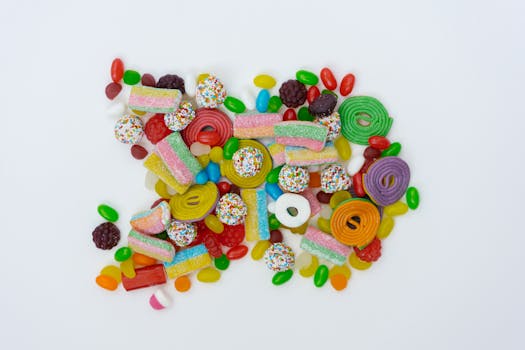As dog parents, we love sharing life’s little joys with our furry friends, but not all human habits translate well to canine companions. If your dog has been caught chewing on a coconut shell or you’re wondering whether they can safely play with one, this guide is for you. While coconuts themselves can be a healthy treat for dogs in moderation, the shell is a different story. Let’s dive into everything you need to know about dogs and coconut shells, from potential risks to safer alternatives.
🥥 What Happens If a Dog Eats a Coconut Shell?
Coconut shells might seem harmless at first glance, but they can pose serious risks to your dog’s health. While the fibrous shell is tough and natural, it’s not digestible, which can lead to a range of digestive and medical issues.
- Choking hazard: The hard texture can easily get lodged in your dog’s throat.
- Intestinal blockages: If swallowed, coconut shell fragments can obstruct your dog’s digestive system.
- Internal injuries: Sharp edges from broken shell pieces may cause cuts or tears in the stomach or intestines.
Even if your dog seems fine after chewing or swallowing part of a coconut shell, problems can develop over time. Always monitor their behavior and look out for signs of distress.
🐕 Symptoms to Watch for After Ingesting Coconut Shell
If your dog has chewed or swallowed coconut shell pieces, it’s important to monitor them for symptoms of digestive upset or obstruction. Common signs include:
- Vomiting or gagging
- Diarrhea or constipation
- Loss of appetite
- Lethargy or weakness
- Abdominal pain (e.g., whining, restlessness, or guarding the stomach)
In severe cases, dogs may exhibit signs of dehydration, fever, or bloating. These symptoms require immediate veterinary attention.
🌴 Why Do Dogs Chew on Coconut Shells?
Dogs are naturally curious, and chewing is one way they explore the world around them. Here are a few reasons your dog might be tempted to gnaw on a coconut shell:
- Texture: The hard, fibrous shell provides an interesting surface for chewing.
- Smell: Coconut shells retain the sweet aroma of coconut, which can attract dogs.
- Boredom: Chewing on objects is a common way for dogs to relieve boredom or anxiety.
While chewing is a natural behavior, it’s important to redirect your dog to safer chew toys or treats. Providing appropriate alternatives can prevent accidents and protect their health.
🐾 Safe Alternatives to Coconut Shells
Instead of letting your dog chew on a coconut shell, consider offering them safer options that satisfy their chewing instincts. Here are a few ideas:
- Durable chew toys made of rubber or nylon
- Natural chews like bully sticks or antlers (supervised use only)
- Dog-friendly edible treats with a crunchy texture
If your dog enjoys the taste of coconut, you can safely offer them small amounts of fresh coconut meat or unsweetened coconut flakes. Just be sure to avoid coconut products with added sugar, preservatives, or artificial flavors.
🐶 What to Do If Your Dog Eats a Coconut Shell
If your dog manages to chew or swallow a coconut shell, don’t panic. Here’s what you can do:
- Remove any remaining shell fragments from their reach.
- Check their mouth and throat for lodged pieces.
- Monitor their behavior and appetite for the next 24–48 hours.
- Contact your vet if you notice any concerning symptoms, such as vomiting, diarrhea, or signs of pain.
Your veterinarian may recommend diagnostic tests, such as X-rays or an ultrasound, to check for blockages or injuries. In some cases, surgery may be needed to remove the shell from your dog’s digestive system.
FAQs
Can dogs eat coconut meat?
Yes, dogs can eat fresh coconut meat in moderation. It’s a healthy treat rich in nutrients like fiber and healthy fats. Avoid giving your dog sweetened or processed coconut products.
Is coconut oil safe for dogs?
Coconut oil is generally safe for dogs in small amounts and can even provide benefits for their coat and skin. However, it’s high in fat, so use it sparingly to avoid weight gain or digestive upset.
Can puppies chew on coconut shells?
No, puppies should not chew on coconut shells. Their smaller size and developing digestive systems make them even more vulnerable to choking and blockages.
What should I do if my dog has coconut shell stuck in their teeth?
Gently inspect your dog’s mouth and try to remove the shell with your fingers or a pair of tweezers. If you’re unable to safely remove it, consult your vet for assistance.
Are there any coconut-based treats specifically for dogs?
Yes, there are dog-friendly coconut treats available on the market. Look for products made with natural ingredients and no added sugars or artificial flavors.
References
Book a $49 online vet consultation at https://www.dialavet.com for fast, expert advice.








